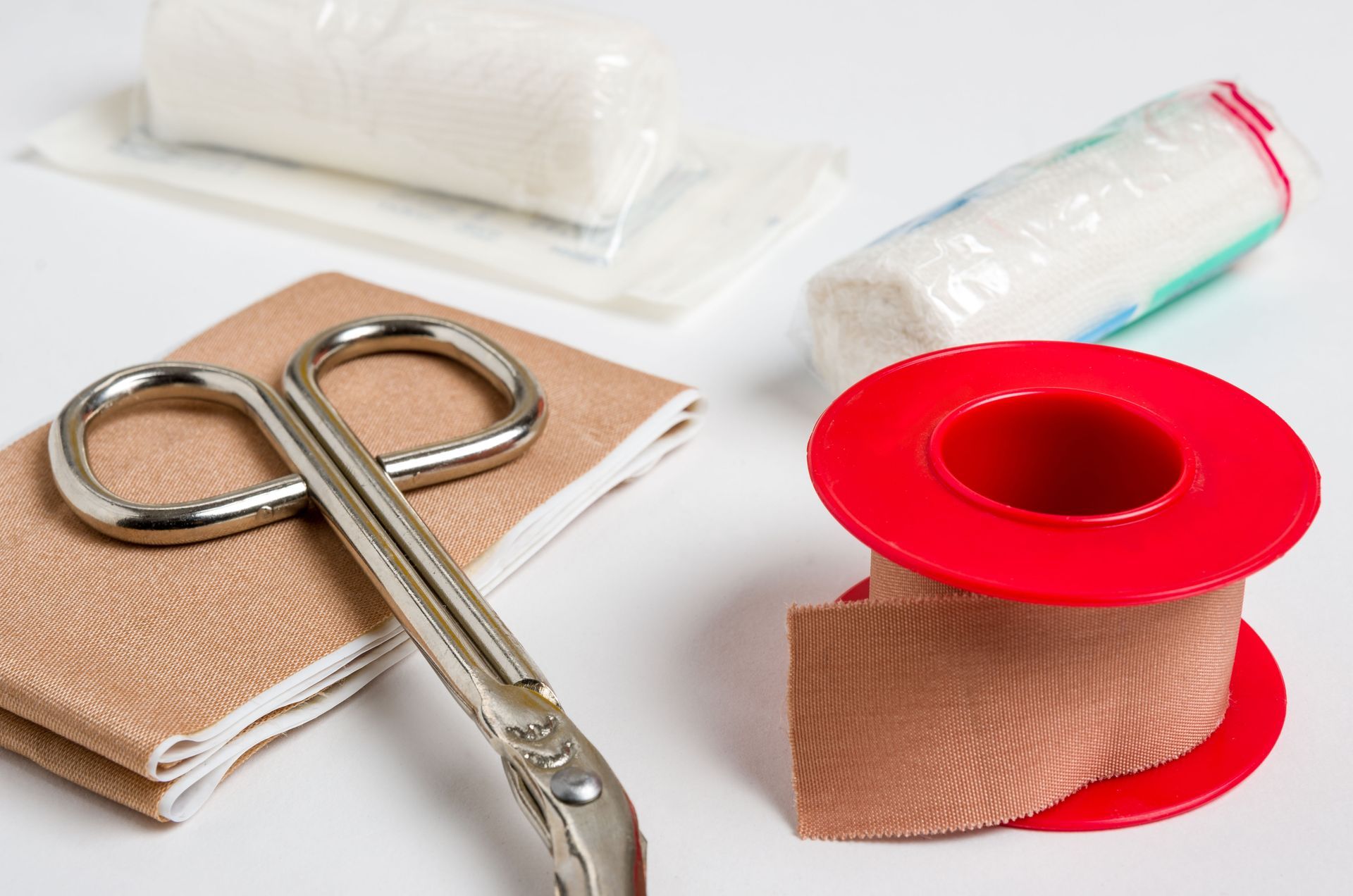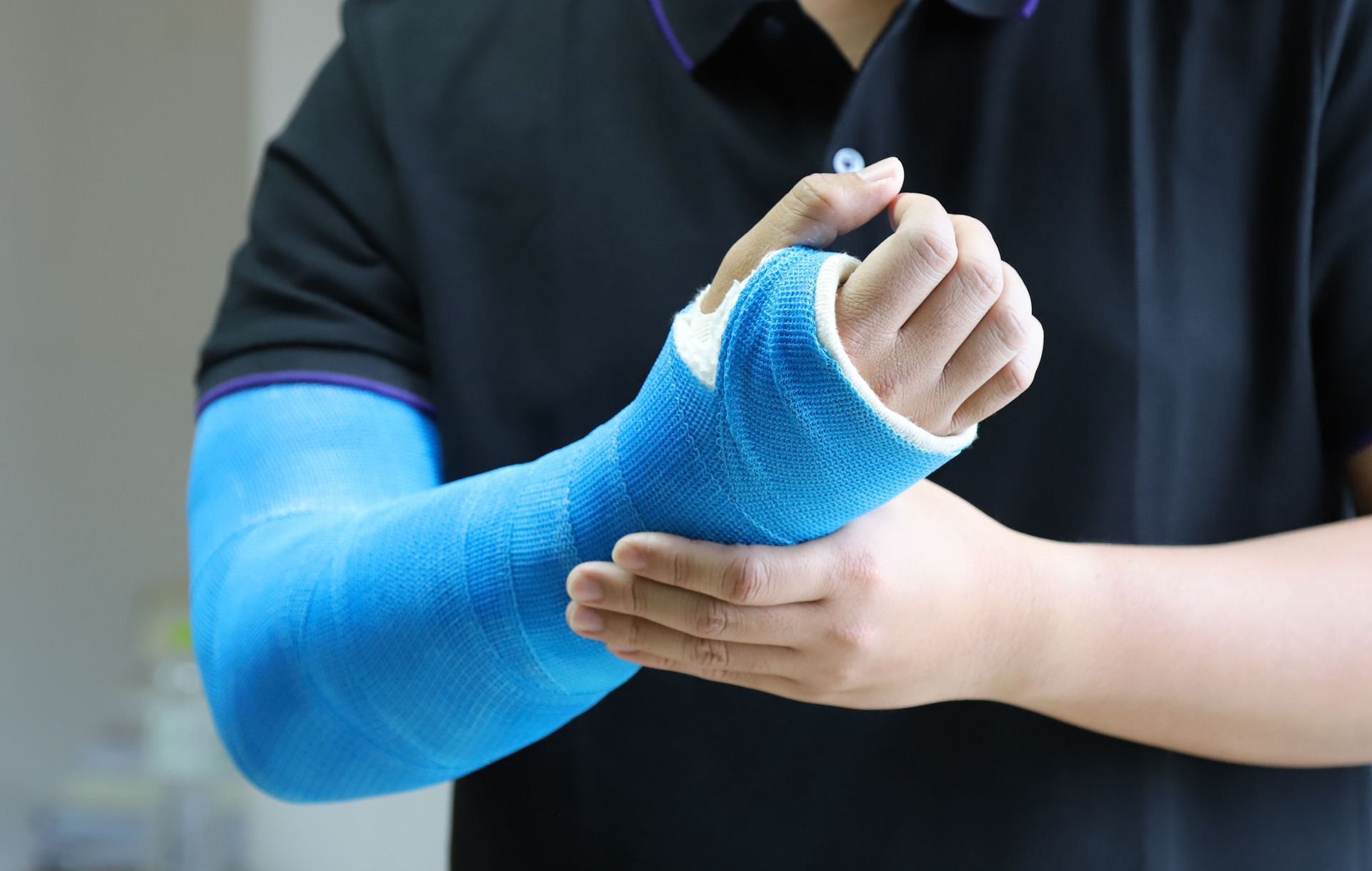September 2, 2025
Diabetes can lead to complications such as wound care issues, making it essential to find specific and quality care providers. Accessing quality local diabetic wound care is critical for preventing complications and supporting timely, effective treatment for you or your loved ones. The process involves understanding diabetic wound care, identifying qualified providers, researching potential options, considering location, and ultimately evaluating the quality of care. Each step requires careful attention to detail and thorough research, which are crucial for managing diabetes-related complications effectively. With 38.4 million people in the U.S. diagnosed with diabetes, according to the CDC, finding the right care is more important than ever for this significant portion of the population.
Understanding Diabetic Wound Care
Diabetic wound care refers to medical treatment focused on preventing and managing wounds that often occur in individuals with diabetes. People with diabetes are at increased risk for wound complications due to factors like poor circulation and neuropathy, which can lead to a diminished healing response. Effective local diabetic wound care includes strategies like debridement, infection management, and proper dressing techniques. These approaches promote healing, prevent infection, and ensure wounds do not progress into severe conditions. Understanding diabetic wound care is the first step toward recognizing the importance of providers who can address these unique needs.
Explaining Why Focused Care Matters
Focused care is crucial because diabetic wounds require distinct knowledge and tailored treatment plans. Diabetes can impair the body's ability to heal and fight infections, meaning even minor wounds can escalate quickly. Providers experienced in diabetic wound care know how to navigate these challenges effectively. They often utilize advanced techniques and interventions not found in standard wound care. This level of care can prevent complications such as gangrene or amputation, highlighting the importance of quality diabetic wound care.
Identifying Diabetic Wounds Requiring Attention
Patients may experience wounds that need specific care, including foot ulcers, pressure sores, and complex surgical wounds. Foot ulcers are common due to neuropathy, often going unnoticed until they worsen. Pressure sores arise from prolonged pressure and can lead to infection or delayed healing. Surgical wounds in diabetic patients present unique challenges, as high blood sugar levels can affect healing. Recognizing these wound types helps patients seek timely and appropriate care. Early recognition of any unusual wound and seeking local diabetic wound care is critical for preventing serious health complications.
Recognizing Potential Complications
Untreated diabetic wounds can result in severe complications. Infections thrive in high blood sugar environments, potentially leading to cellulitis, abscess formation, or osteomyelitis. Progression of wounds may require limb amputation, significantly impacting quality of life. Chronic wounds can also be a source of ongoing pain and disability. Timely intervention is essential to prevent long-term consequences and maintain overall health. Awareness of potential complications encourages proactive care and monitoring.
Ensuring Early Intervention
Early intervention can dramatically improve outcomes for patients with diabetic wounds. Recognizing signs of wound development and seeking prompt care helps mitigate risks. Quick action ensures that proper treatment strategies are implemented, improving healing times and reducing infection chances. Providers adept in diabetic wound care can identify subtle changes and initiate timely interventions. Proactive monitoring and treatment are key components of effective diabetes management. Prompt attention to wounds can significantly reduce recovery time and improve overall health.
Evaluating Experience With Diabetic Patients
Experience with diabetic patients directly impacts a provider's ability to manage wound complications. Experienced providers understand the progression of diabetic wounds and can apply proactive treatment strategies. They are also familiar with advanced wound management technologies that enhance healing. Prioritizing providers with relevant experience ensures comprehensive and informed care. Choosing a provider with proven experience can lead to safer and more effective treatment outcomes.
Researching Potential Providers
Online resources help identify local diabetic wound care providers. Reviewing provider profiles, patient ratings, and professional backgrounds offers insight into their capabilities. Reliable online information helps patients make informed decisions based on experience, patient outcomes, and professional experience. Thorough research empowers patients to select providers who meet their specific needs.
Reading Reviews and Testimonials
Patient reviews offer first-hand accounts of experiences with local diabetic wound care providers. Positive feedback highlights communication, cleanliness, and successful outcomes, while negative comments may indicate potential challenges. Evaluating patterns across multiple reviews helps assess the quality of care accurately. Combining reviews with other research ensures balanced decision-making. Reading multiple testimonials can provide valuable insight into the patient experience.
Contacting Providers Directly
Phone interviews or inquiries give prospective patients the chance to ask questions about treatments, scheduling, and experience. These conversations reveal communication skills, empathy, and a willingness to address patient concerns. Direct contact can clarify expectations and help patients feel confident in their selection. Establishing open communication early sets the foundation for a successful care relationship. Speaking directly with providers helps clarify options and build a relationship before scheduling care.
Evaluating Quality of Care
Facility cleanliness, patient management, and communication clarity are key indicators of care quality. Providers who monitor healing, maintain clear follow-up protocols, and communicate effectively improve patient outcomes. Success rates, patient outcomes, and feedback from former patients offer additional insight into provider effectiveness. Comprehensive evaluation ensures patients receive thorough and attentive care. Assessing quality factors helps ensure the selected provider can deliver consistent, effective treatment.
Providing Personalized Treatment Plans
Personalized care considers each patient's wounds, medical history, and lifestyle. Providers assess factors such as circulation, blood sugar control, and mobility challenges. Care often includes guidance for home management, follow-ups, and interventions that support healing and overall wellness. Taking a comprehensive approach helps ensure patients receive consistent attention and achieve the desired outcome. Clear communication between patients and providers further enhances understanding and adherence to care recommendations.
Educating Patients on Preventive Measures
Preventive education plays a critical role in helping patients maintain overall health and avoid complications related to diabetic wounds. It includes teaching proper foot care techniques, performing routine skin inspections, and managing blood sugar levels effectively. By learning to identify early warning signs of infection or delayed healing, patients can act quickly, preventing minor issues from becoming severe problems. Knowledge of preventive strategies not only reduces the risk of chronic wounds but also complements any ongoing clinical treatments, supporting long-term wellness. Regular check-ins with healthcare providers allow progress to be monitored, treatments to be adjusted, and new concerns to be addressed promptly. Monitoring tools and assessments ensure interventions remain effective and any complications are detected early. Consistent follow-up supports continuity of care and improves healing outcomes. Additionally, home care guidance equips patients with the skills to manage dressing changes, infection prevention, and mobility adjustments safely and confidently, reinforcing the benefits of clinic-based care.
Comparing providers based on experience, location, and patient reviews helps finalize the choice. Aligning availability with personal schedules ensures consistent care. Understanding insurance compatibility and payment options avoids financial surprises. Relying on your instincts regarding comfort and communication further guides the selection process. Local diabetic wound care includes advanced wound management, such as precise debridement and specific dressings. These methods target chronic wounds, encouraging faster healing and reducing infection risk. Patients who follow guidance experience faster recovery, fewer setbacks, and better long-term results. After reviewing options and treatment plans, patients can finalize a care strategy. Assessments, interventions, and ongoing monitoring ensure wounds heal efficiently. Start your journey to improved wound health by contacting Nguyen Plastic Surgery PC today to schedule an appointment and receive local diabetic wound care.










